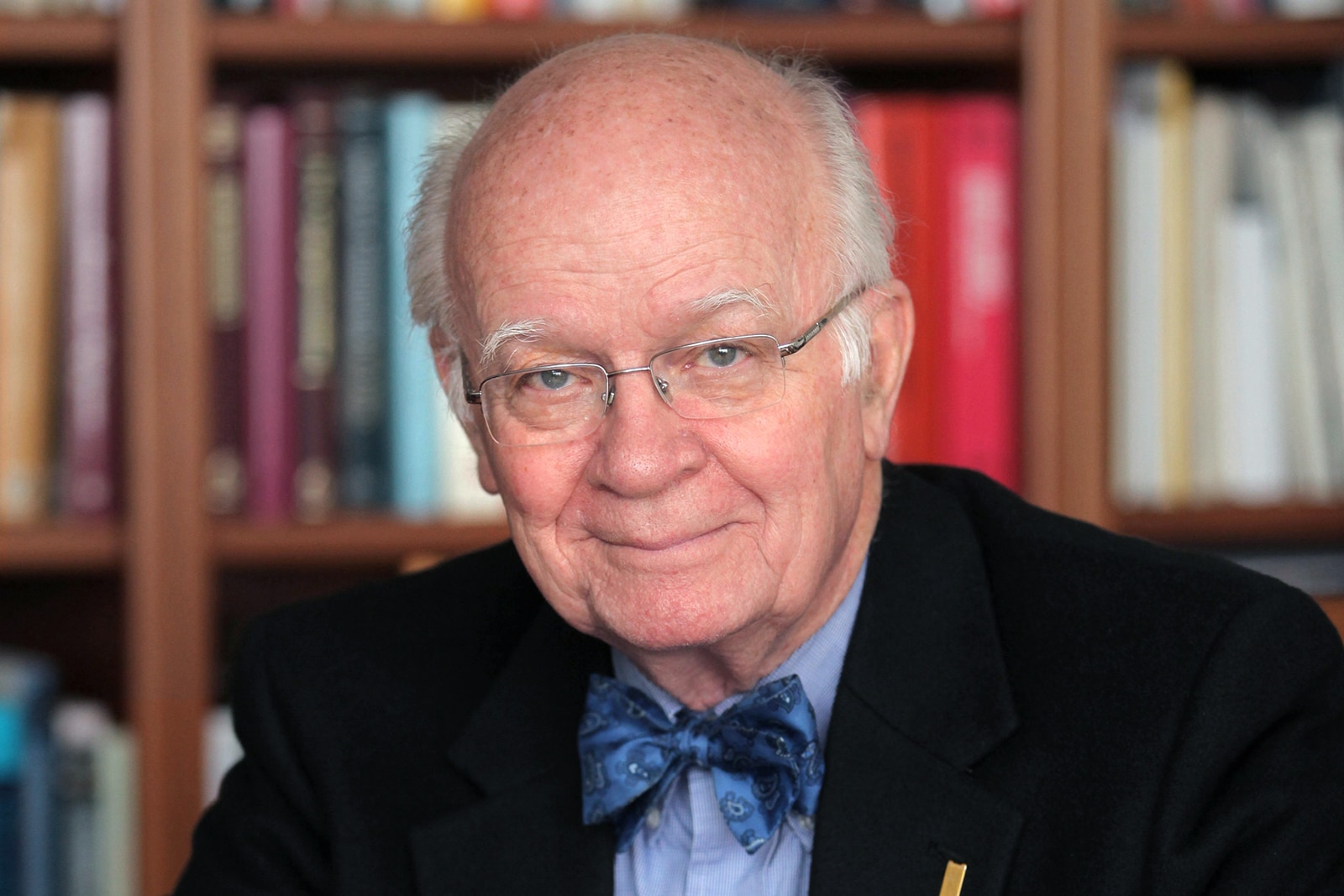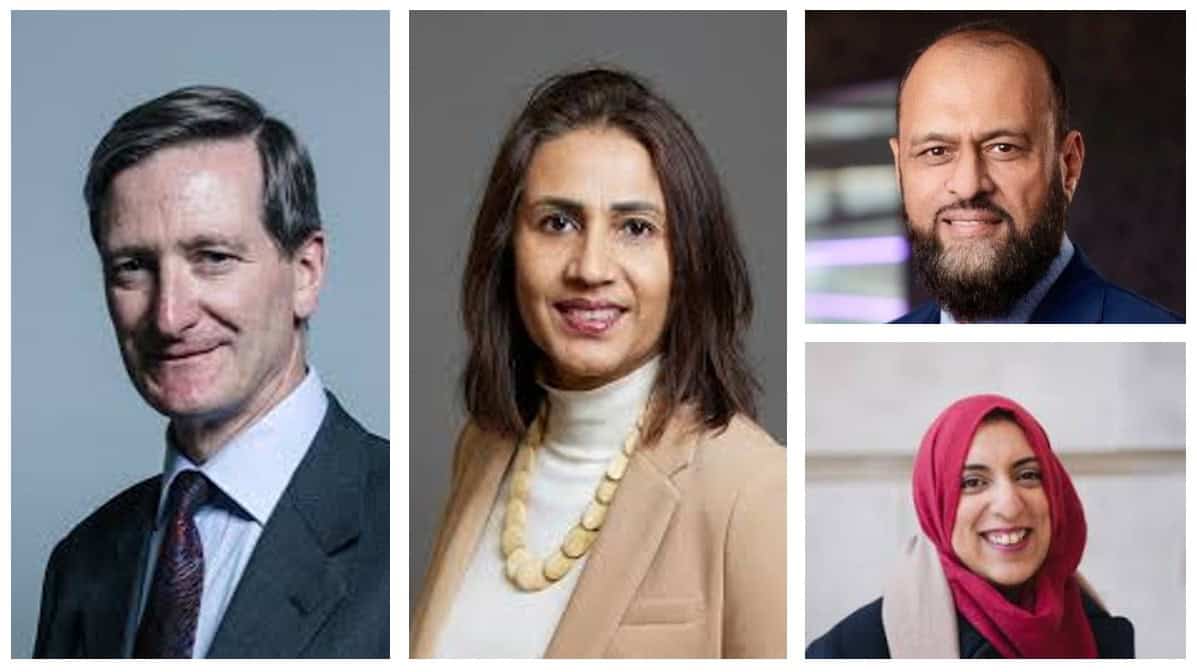Fasting, Faith, and the Workplace: Breaking Stereotypes During Ramadan
Religion
2025-03-30 03:26:13Content

In today's diverse workplace, many Muslims find themselves navigating a delicate balance between professional identity and personal faith. The challenge of expressing religious practices can often feel like walking a tightrope, with many choosing to keep their religious observances discreet to avoid potential discomfort or misunderstanding among colleagues.
Religious expression in the workplace remains a sensitive topic, particularly for Muslim professionals who worry about creating awkward moments or facing potential misconceptions. The fear of standing out or being perceived differently can lead many to quietly manage their religious practices, seeking to maintain a sense of professional harmony and inclusivity.
This silent struggle highlights the broader challenges of religious diversity in modern work environments, where individuals often feel pressured to minimize aspects of their personal identity to fit seamlessly into corporate culture. The result is a complex emotional landscape where personal faith and professional expectations intersect, creating a nuanced experience for Muslim workers seeking to maintain both their professional integrity and religious authenticity.
Navigating Religious Identity in the Modern Workplace: A Muslim Professional's Dilemma
In the complex landscape of contemporary professional environments, religious practitioners face unprecedented challenges in expressing their personal beliefs while maintaining workplace harmony. The delicate balance between personal identity and professional expectations creates a nuanced social dynamic that demands careful navigation and understanding.Unveiling the Silent Struggle: Religious Expression in Professional Spaces
The Psychological Landscape of Religious Concealment
Professional Muslims encounter a profound internal conflict when considering religious visibility in workplace settings. The fear of potential misunderstanding, unconscious bias, or unintentional marginalization drives many to strategically minimize their religious practices. This self-censorship stems from a complex interplay of social dynamics, professional aspirations, and cultural sensitivities. Psychological research suggests that religious professionals often engage in intricate identity management strategies. They carefully calibrate their external presentation, weighing the potential professional consequences against personal authenticity. This delicate balancing act involves subtle negotiations of self-representation, where individuals must decide how much of their religious identity to reveal.Workplace Cultural Dynamics and Religious Perception
Modern corporate environments present a multifaceted challenge for religious practitioners. Despite increasing diversity initiatives, unconscious biases and cultural misunderstandings persist. Muslims frequently find themselves navigating a complex terrain where religious expression might be misinterpreted as potential professional incompatibility. Organizations often lack comprehensive understanding of religious diversity, creating implicit pressure for conformity. This systemic challenge requires nuanced approaches to inclusivity that go beyond surface-level diversity statements. Genuine cultural competence demands active listening, empathetic understanding, and proactive efforts to create genuinely inclusive environments.Strategies of Subtle Religious Negotiation
Many Muslim professionals develop sophisticated strategies for maintaining their religious identity while minimizing potential workplace friction. These approaches range from strategic discretion to selective disclosure, each tailored to individual workplace contexts and personal comfort levels. Some individuals opt for gradual, organic revelation of their religious practices, allowing colleagues to develop familiarity through personal interactions. Others might leverage professional networks and employee resource groups to create supportive ecosystems that facilitate more comfortable religious expression.Institutional Approaches to Religious Inclusivity
Progressive organizations are increasingly recognizing the importance of creating genuinely inclusive environments that respect religious diversity. This involves developing comprehensive diversity training, implementing flexible scheduling policies, and fostering cultures of mutual respect and understanding. Successful inclusivity strategies go beyond mere tolerance, actively celebrating diverse religious perspectives as organizational strengths. By reframing religious diversity as a source of richness and perspective, forward-thinking companies can transform potential challenges into opportunities for deeper cultural understanding.Personal Empowerment and Professional Authenticity
Ultimately, the journey of religious expression in professional spaces is deeply personal. Each individual must find their unique approach to integrating their religious identity with professional aspirations. This requires courage, strategic thinking, and a commitment to personal authenticity. The most successful professionals develop a holistic approach that neither completely conceals nor overtly emphasizes their religious identity. Instead, they create nuanced, respectful narratives that allow for genuine self-expression while maintaining professional boundaries.RELATED NEWS
Religion

Faith, Borders, and Justice: The Legal Battle Reshaping Religious Freedom
2025-02-24 22:43:31
Religion

Measles Erupts: Mennonite Community Becomes Unexpected Epicenter of Texas Health Crisis
2025-03-04 23:06:14






